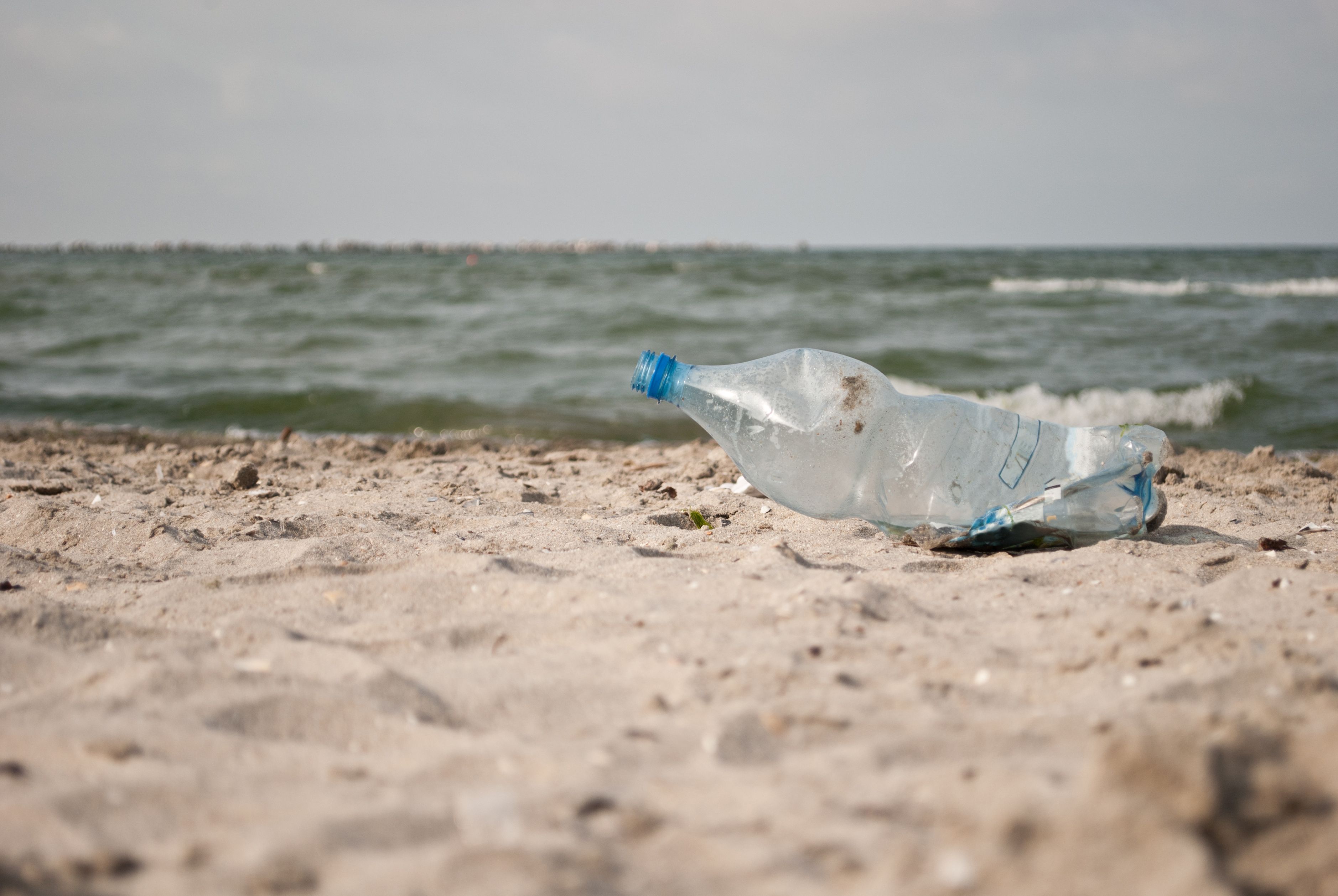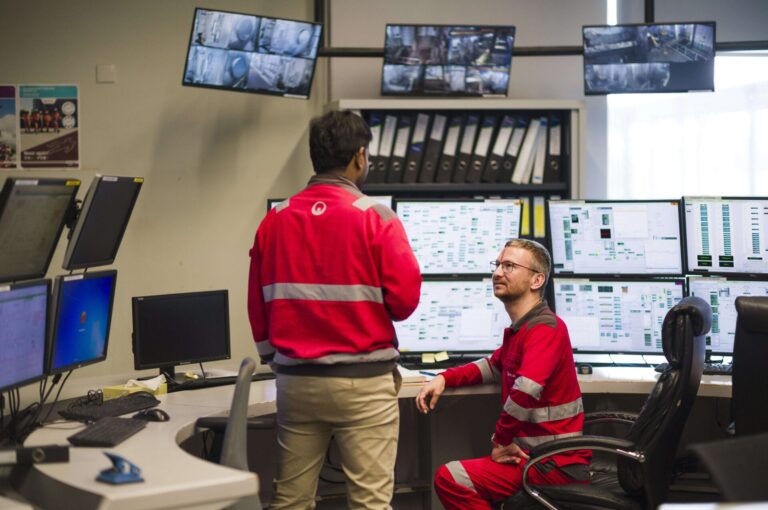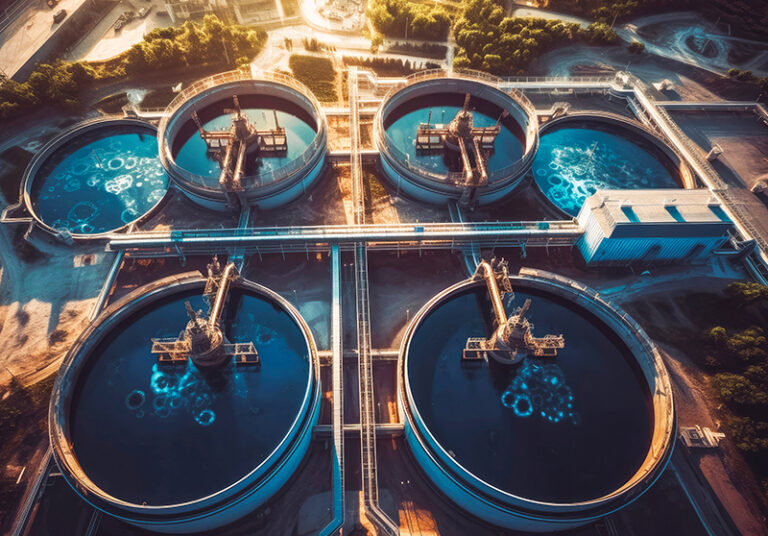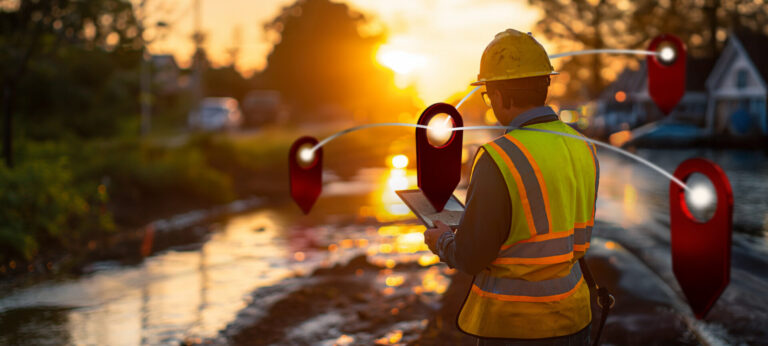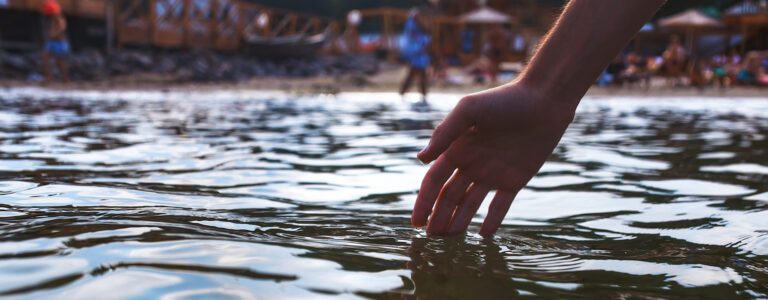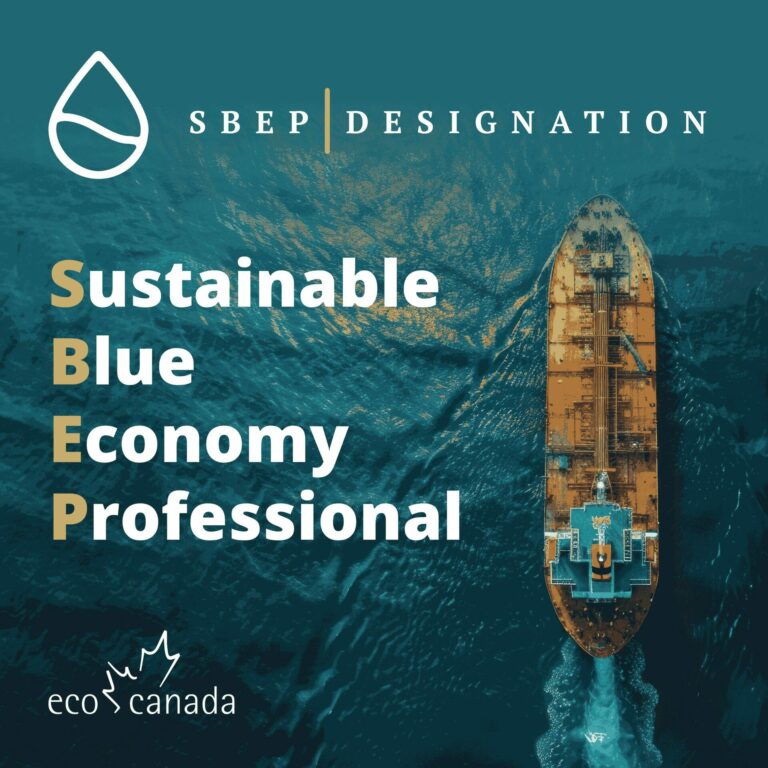The Great Lakes Plastic Cleanup (GLPC) has kicked off its “Little Bits, Big Problems” campaign. It is designed to encourage communities across Canada to join in the efforts to address plastic pollution in the Great Lakes.
Initially launched last August, the GLPC brings together partners from across Ontario to take action on the plastic pollution problem on the Canadian side of the Great Lakes, as well as the waterways between and around them. The program’s newest campaign takes a closer look at the cumulative impact of discarded plastics on waterways and shorelines, including small plastic pieces—one of the most collected items of litter from shoreline cleanups last year.
“While plastics have many economic and societal benefits, they have devastating effects on our Great Lakes and surrounding waterways,” said Mark Fisher, president and CEO of the Council of the Great Lakes Region. “Little Bits, Big Problems aims to bring greater awareness and show Ontarians, as well as communities across the eight Great Lakes states, exactly how big of a problem little plastics can add up to be.”
The Great Lakes are home to 3,500 species of plants and animals under threat from plastic debris, which accounts for approximately 80 per cent of the litter found on Great Lakes shorelines. It is estimated that a staggering 10 million kilograms of plastic enters the largest freshwater system in the world each year from Canada and the United States. It could cost as much as $400 million annually to manage this plastic pollution problem.
The initiative is deploying two technologies—Seabin and LittaTrap—that aim to capture plastic debris along the shorelines and prevent the flow of plastic and other debris from entering the lakes. Research is then conducted on the plastic that is recovered, helping to inform public policy and other actions, including public engagement.
“Plastic is more than just an eyesore when it enters our waterways,” said Christopher Hilkene, CEO of Pollution Probe, one of the GLPC’s founding partners. “Evidence shows that the millions of kilograms that enter the Great Lakes each year are harming wildlife and the important ecosystem on which they depend. The new campaign and PSA come at the perfect time, helping us to expand the GLPC by encouraging more marina and community participation.”
As of April 2021, 26 marinas across the Great Lakes regions have partnered with the initiative to install Seabins and LittaTrap devices. The GLPC hopes to increase this number significantly by the end of 2021.

